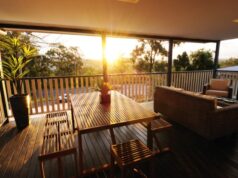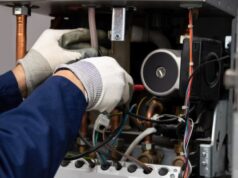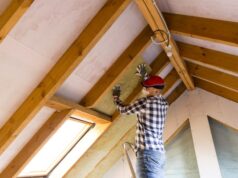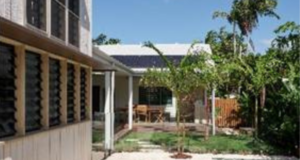
Want to make sure your system’s set up at its absolute best, and always giving you as much as possible? Here’s a guide to ensuring your solar system’s always working its hardest for your home.

After investing in a solar PV system, you’ll want to make sure that it’s working as hard as it can – not just to meet your power needs, but also to help you recoup your costs. Here are some simple tips to help you get the most from your solar panels:
Understand your power bill
This information is readily available, and fairly easy to decipher when you understand the type of agreement you have with your power retailer. You need to have a good understanding not just of how much energy you’re using, but also where it’s being used and when.
When you have feed-in tariffs applied to your bills, you’ll likely be on an on/off peak rate, which offers different power pricing based on when you use the power – these rates are often different from (and sometimes more expensive than) the rates you’d get if you didn’t have solar panels. Where possible, try and bias any energy use where you’re relying on grid power to off-peak times – this includes for things like pool pumps and electric hot water systems.
Know where your power goes
Most people are shocked to discover how much wasted power they can trim off their bills by changing a few simple things, and if you haven’t already done so, a basic energy audit’s a very good idea. Our article on energy management gives a detailed explanation of how to get started.
Below are some of the things you can do to save serious amounts of energy around your house:
- Switch lights off during the day and make the most of natural light,
- Only heat (or illuminate) rooms you’re actually using
- Use fans instead of air conditioners
- Switch off appliances at the wall instead of using stand-by power (which can account for 10-15% of a power bill)
- Disconnect any second or third refrigerators or freezers when they’re not in use
- Ensure your house is properly insulated
The average Australian household consumes around 18kWh of power per day, but it’s quite easy to use much less if you’re conscious of how power’s being consumed. The less power you use, the more you’ll be able to feed back into the grid.
Install a battery bank
Having a back-up battery bank can be extremely useful, and allows you to store power for later if you’re not using it immediately. Since all solar power is generated during the day when most people are at work, having it stored for when you get home is almost a necessity if your system isn’t connected to the grid. Even if it is, any excess power overflowing from the battery can be returned to the grid so you can offset your bill. As an added bonus, your batteries will ensure that you still have power even if there’s a blackout.
Keep your panels clean and clear
Though you don’t need to go overboard, it’s a good idea to keep your panels clean by cleaning them every six to twelve months. Doing this ensures that your panels are getting as much light as possible – dust on your panels will filter and reflect light, slightly reducing their efficiency. Keeping them clean will also help prevent things like mould or other debris (bird crap, for example) from affecting how well they work.
It’s also wise to ensure that nearby foliage is kept well under control so that they’re not blocking or shading your panels from the sun. This will also help to ensure that your panels aren’t damaged or obscured by falling branches or leaves.





